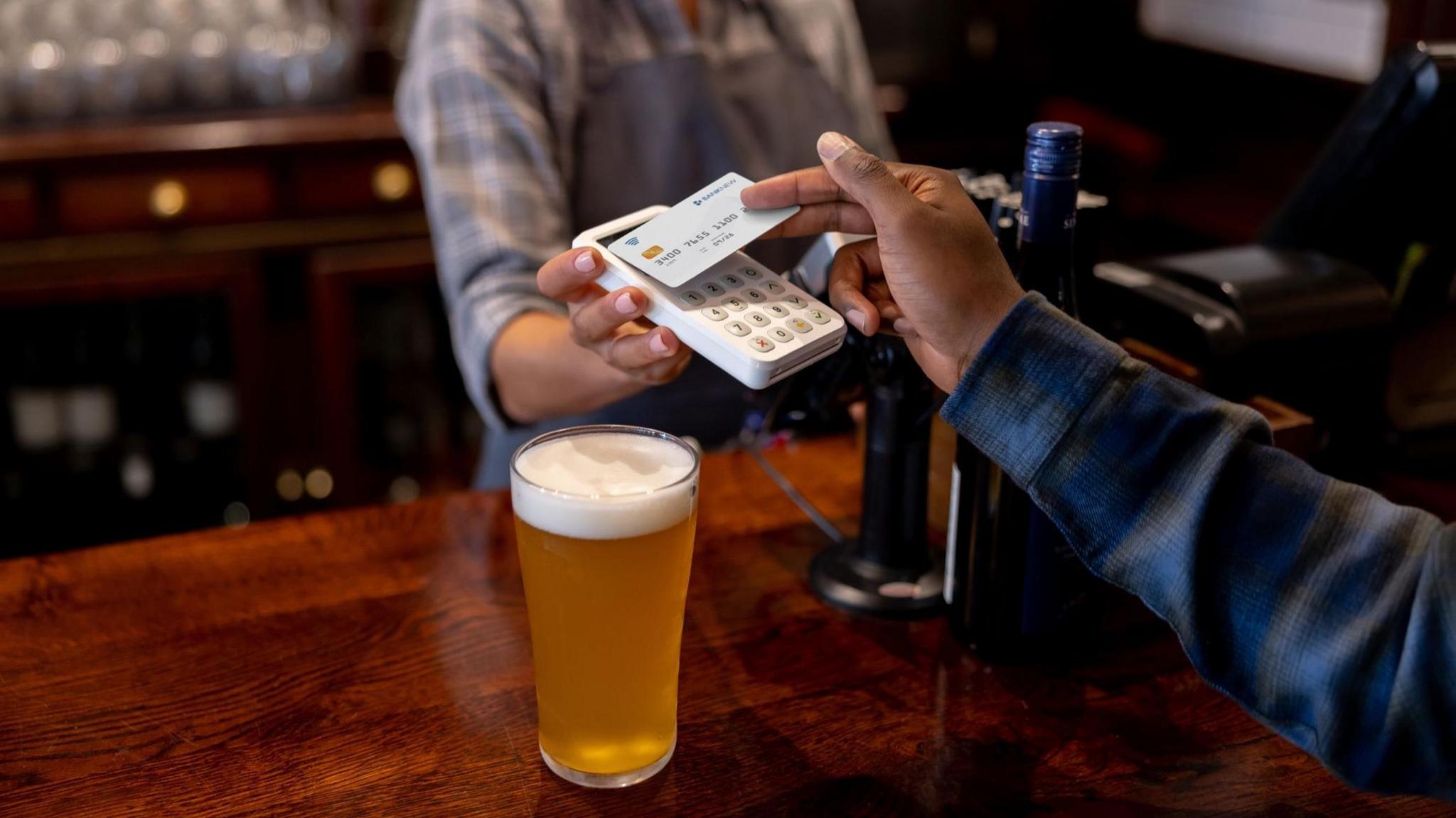More 24-hour gyms than 24-hour clubs in London
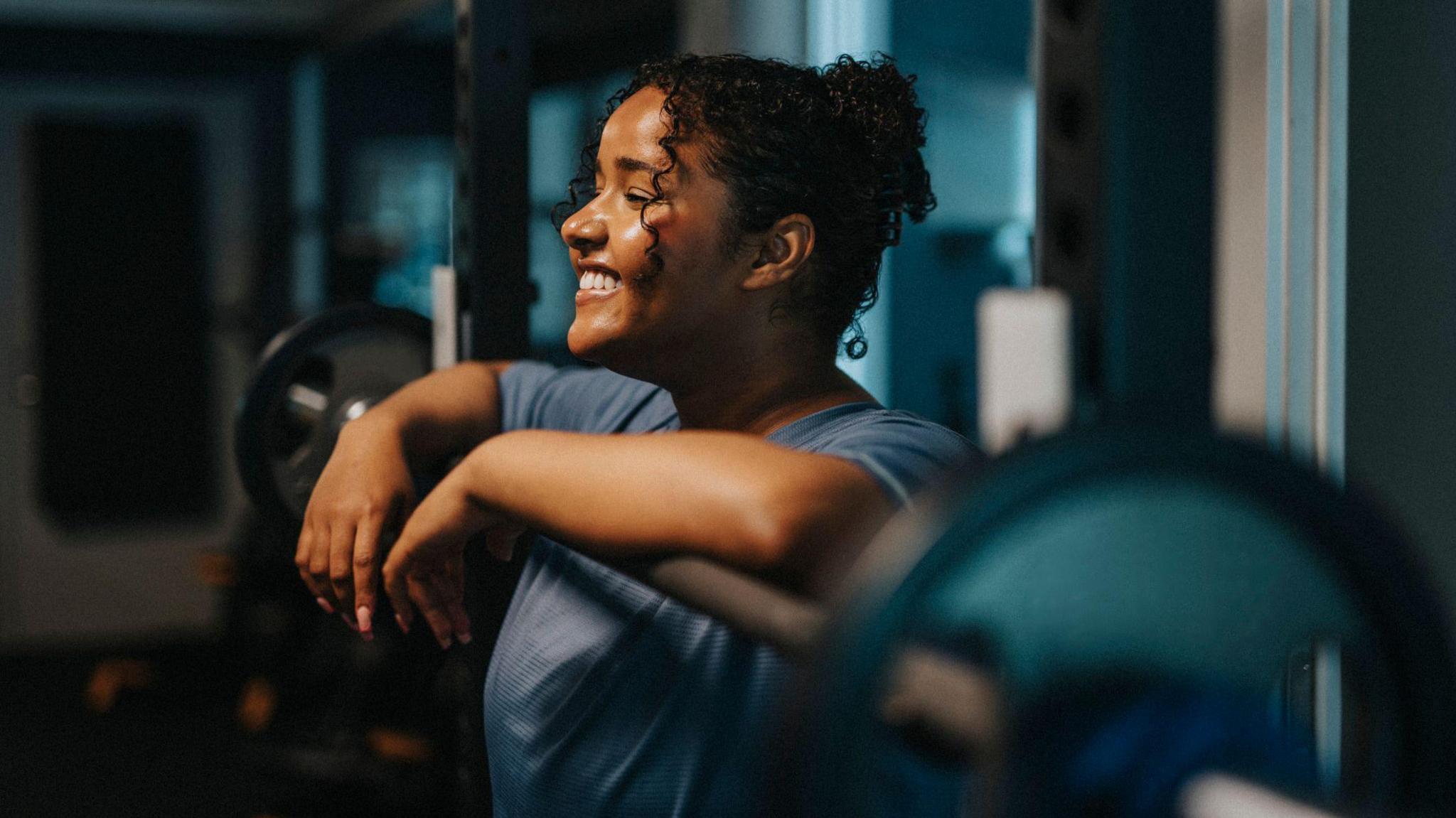
Gyms open 24 hours now outnumber 24 hour clubs in London, according to BBC London analysis
- Published
Music, lights and a smoke machine. It's not a nightclub, but a gym in central London.
"A lot of our customers will come down to our 16:30 or 17:30 classes, get ready, and then go for a night out," says Deonne Andrews, group general manager at 1Rebel, a high-end gym chain.
In the capital city, it is now easier to find a 24-hour gym than a club, according to BBC London analysis.
The number of 24-hour licences held by pubs, bars and nightclubs in London fell by more than two-thirds between 2021-22 and 2023-24, from 183 to 58, according to Home Office figures.
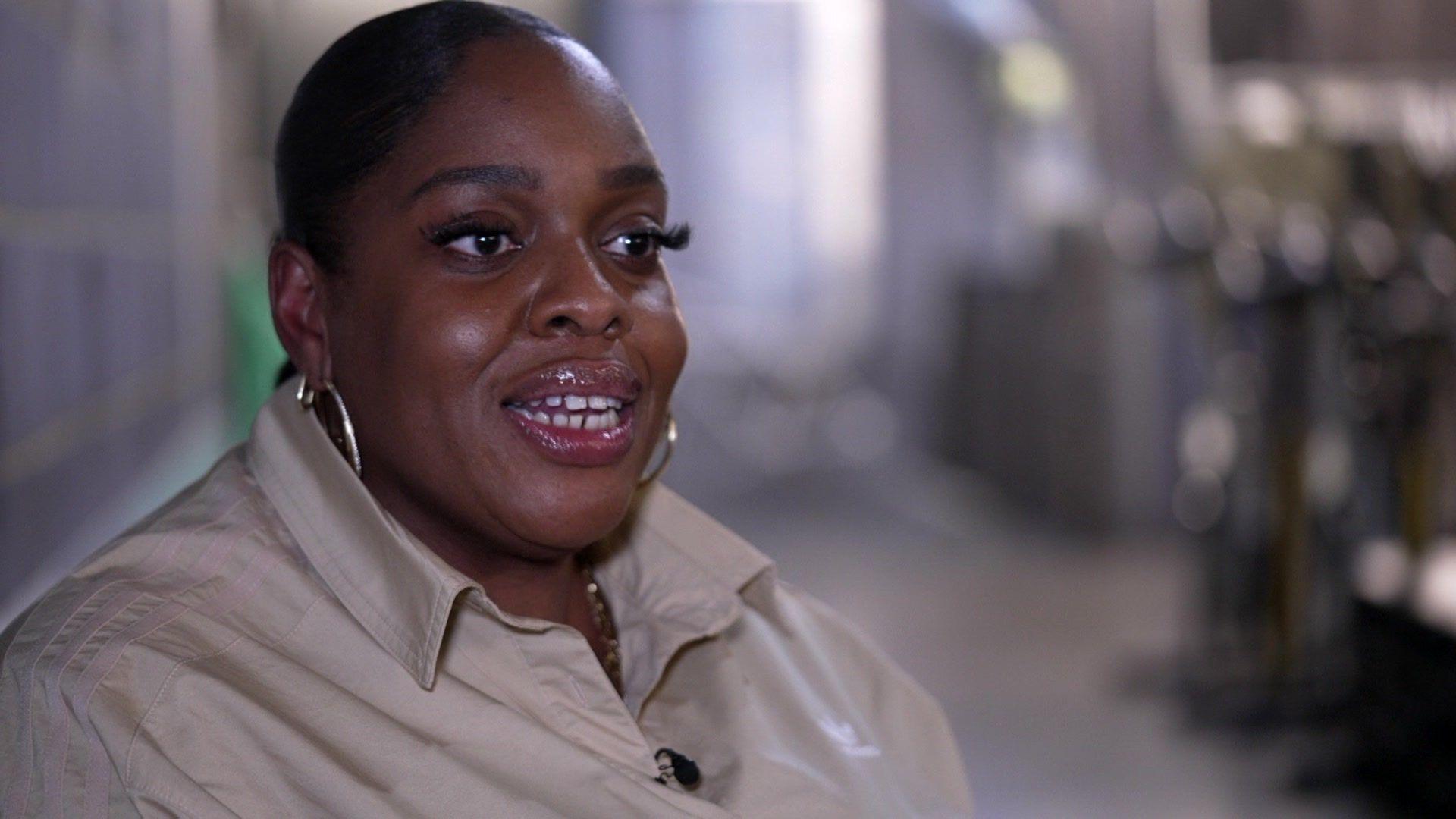
Deonne Andrews says people go to their gym class and enjoy free prosecco after
Meanwhile, the number of 24-hour gyms could be as many as 300.
"We're busy throughout the year," says Ms Andrews.
"We offer Prosecco Friday, where they have a drink with us, and then they'll go off for dinner and so forth.
"The lighting, the vibe, the music... it's like you're having a whole party on a bike."
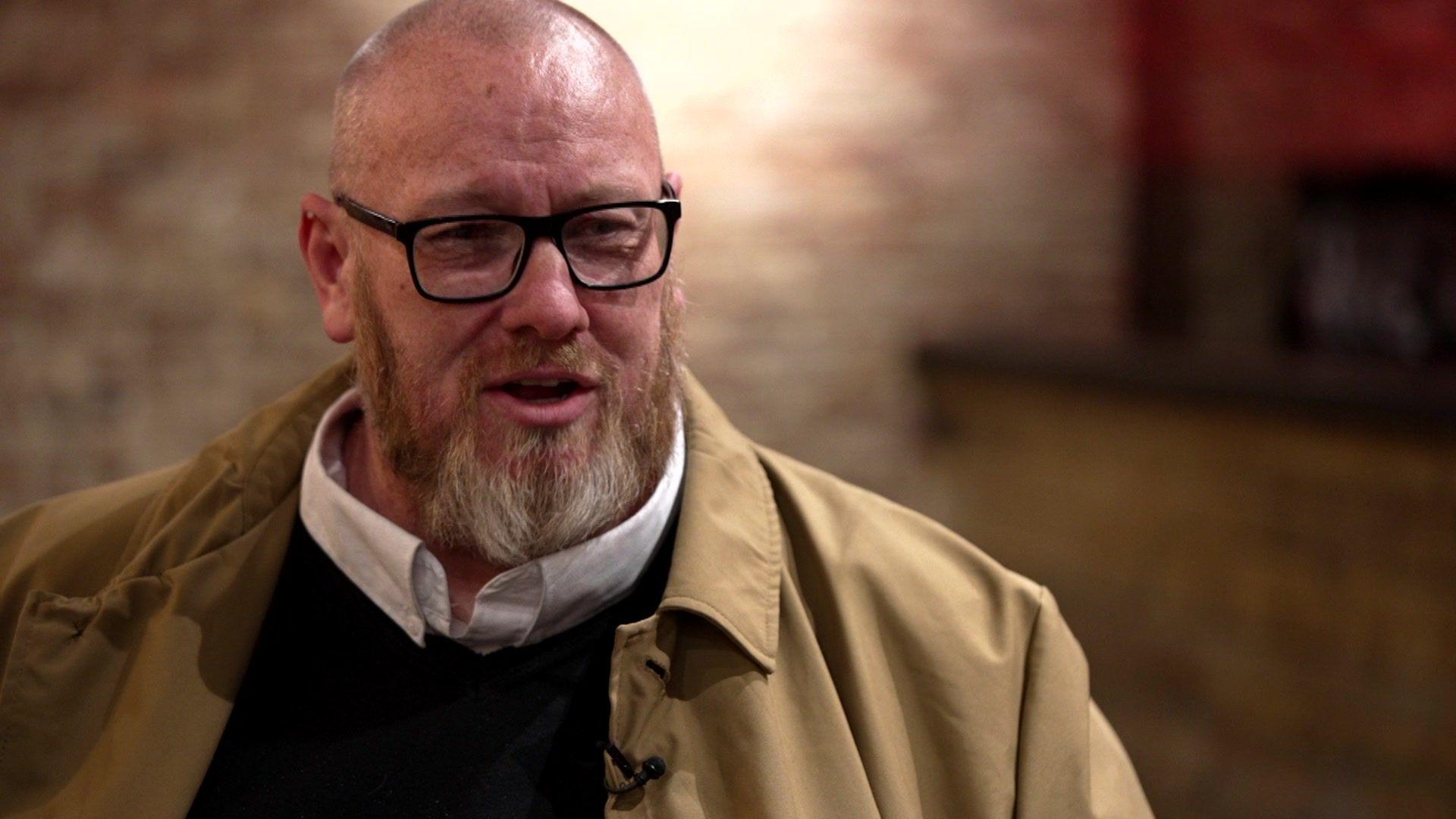
Michael Kill says there are a range of pressures facing late-night venues
Michael Kill, chief executive of the Night Time Industries Association, says bars and clubs are a facing range of pressures that make it hard to operate under a 24-hour licence.
"Not being able to get home post-midnight midweek has been a real challenge," he says.
"There are 24-hour licences that don't operate within those hours, and that's based on the fact that if the infrastructure's not there to keep people safe and get people home, then they're not going to be supported by the market.
"Becoming a 24-hour city is more than just intimating we're going in that direction.
"I think it's an involvement of a multitude of stakeholders - transport, developers, policing - all that needs to be on board."
Increasing overheads and lower customer spending are being felt by east London nightclub E1.
Operations director Jack Henry says: "There's a lot of challenges, from licensing to cost-of-living crisis, through to staffing, policing, anti-social behaviour, rates and bills, you name it.
"It's extremely challenging to operate 24 hour. We're really quite rare. The licence took us around five to six years to get.
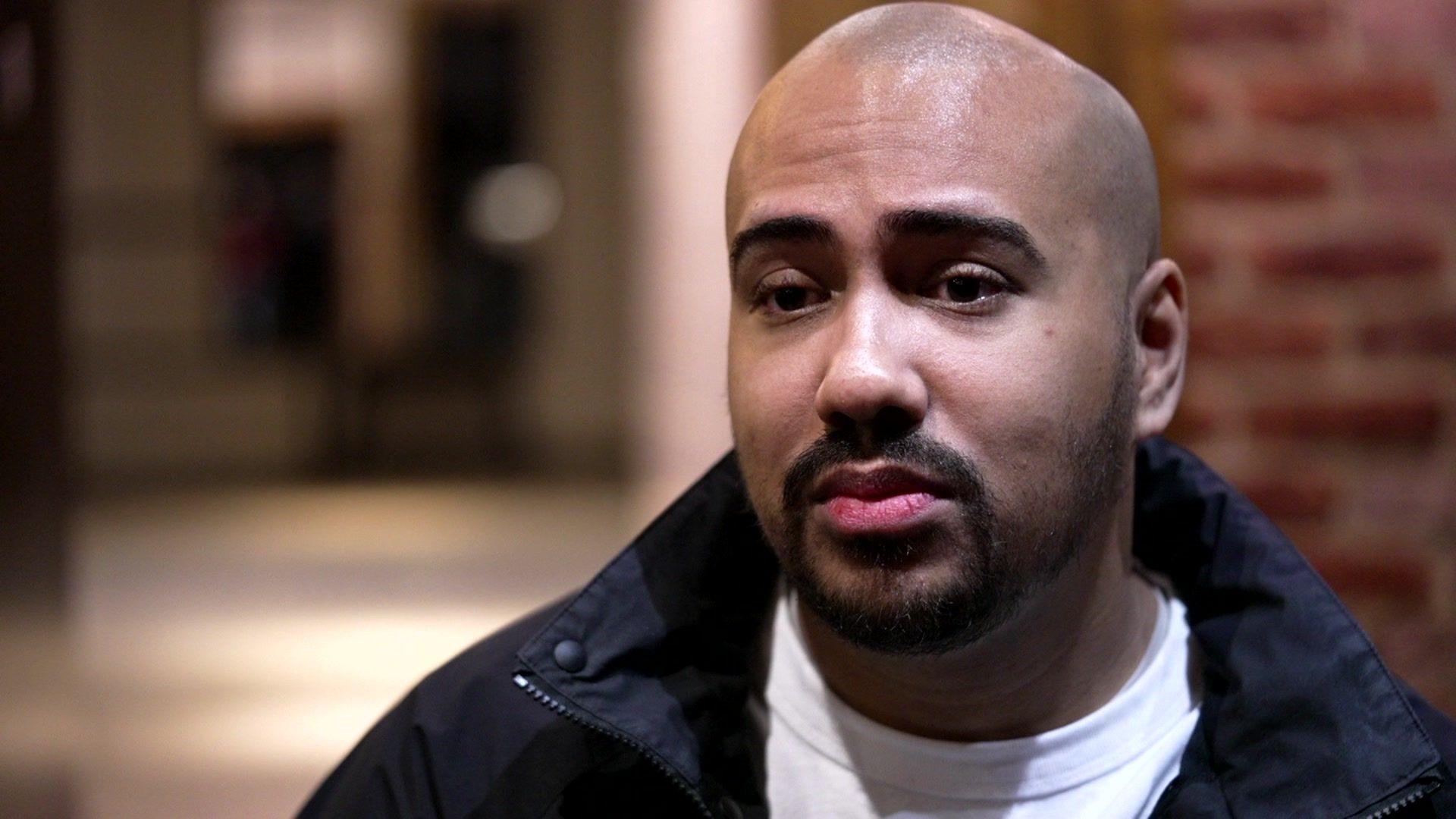
Jack Henry says he doesn't view London as a 24-hour city
"People are less frequent to come," Mr Henry adds. "Even when they do come, they don't spend as much as they did pre-pandemic."
Mr Henry says a new "night czar" is needed in London.
"There needs to be someone there," he said. "A voice that is protecting, helping, supporting venues to thrive.
"People don't come here for the venues any more. They aren't seen as a cultural hub for the city.
"Although it is marketed as a 24-hour city and a cultural hub, it really isn't."
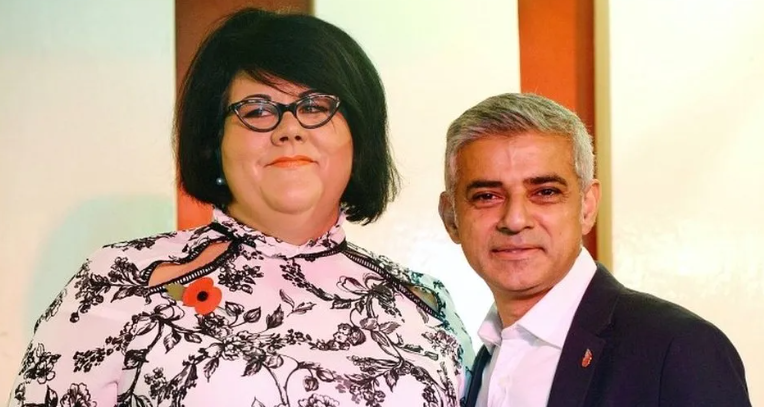
Amy Lamé, who was appointed by Sadiq Khan in 2016, resigned recently after eight years as London's night czar
In October, London's night czar Amy Lamé resigned from her £132,000-a-year role after eight years.
Lamé said she felt it was the right time to move on, adding that it had been "a real privilege to serve Londoners".
The role was created by Mayor of London Sadiq Khan following his election in 2016. While she was in the role, both Khan and Lamé faced questions about her record in boosting London's nightlife.
However, the mayor's office credited her with having "supported hundreds of venues since 2016".
'Norwich has a better nightlife'
Khan said a London Nightlife Taskforce would be set up and it would decide whether the night czar role would continue.
"As part of the work they do, they'll be setting out proposals, which we'll action," he told BBC London.
"This time of year is really important for businesses in London."
A mayoral spokesperson said that Khan worked with businesses, venues, boroughs and communities to help London's nightlife thrive.
They added that the Night Tube, Overground and Women's Night Safety Charter could help Londoners enjoy the best of the capital after dark.
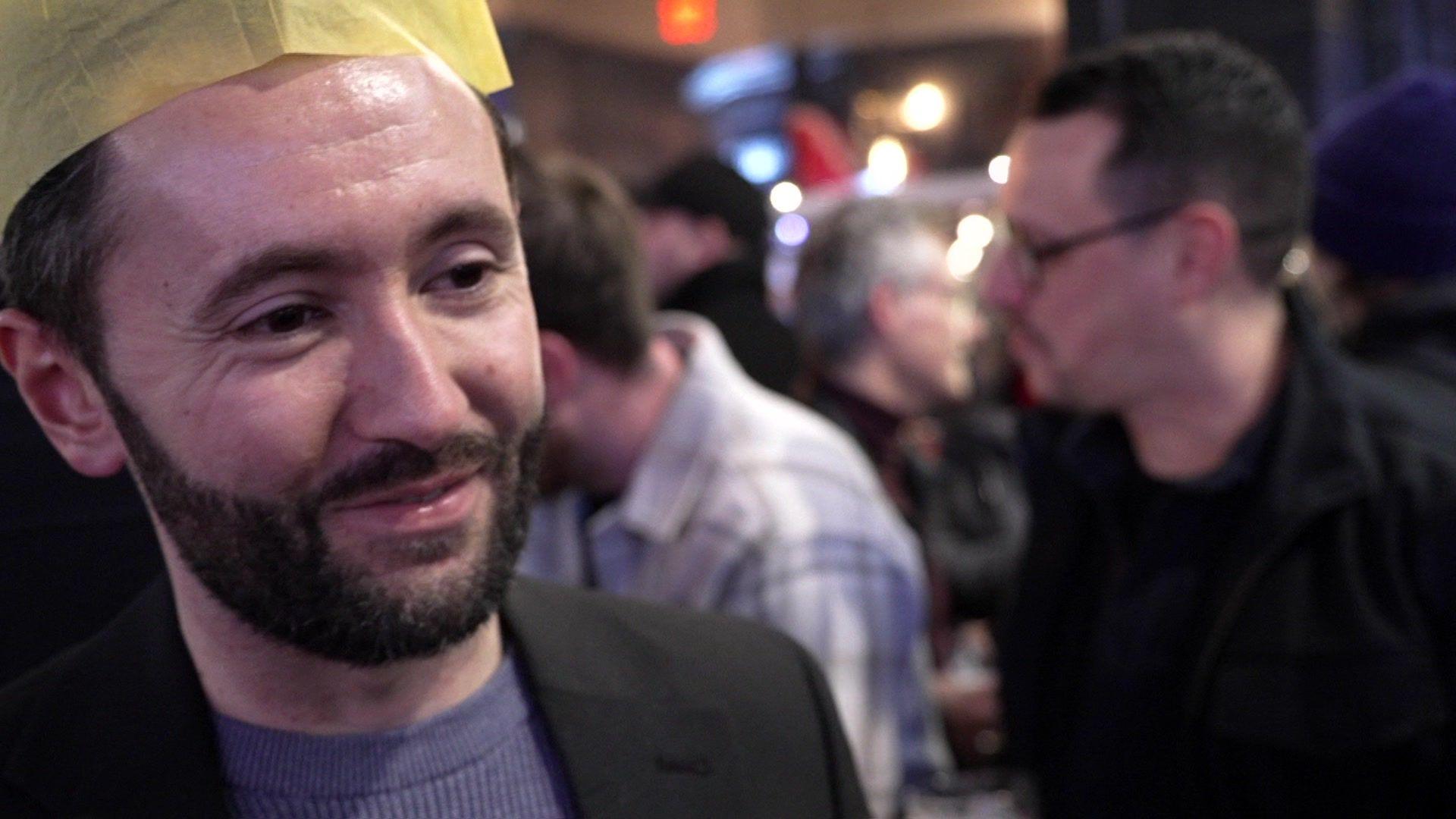
One reveller says his home city of Norwich has better nightlife than London
Out in London, near Liverpool Street, a group of men on a work Christmas night out told BBC London that all-nighters were a distant memory.
"Last year we came here for the Christmas night out and at about 01:00 we struggled to find anywhere that was open, which really surprised me," one reveller says.
"Being in the capital, we expected there would be more places open late. In Norwich, everything is until 04:00. I wish it was like that here," he continues.
"It's not got that late-night scene.
"If you compare it to New York or somewhere, it's much more of a 24-hour scene. I think London really needs to catch up with that."
A government spokesperson said it was extending 40% business rates relief for 250,000 properties.
"Because nightlife matters, we are introducing a permanent new lower business rate for retail, hospitality and leisure in 2026 and have knocked a penny off alcohol duty on draught pints," they said.
"To help protect London's nightlife, we have also increased the Metropolitan Police budget by £227m, bringing the total up to £3.8bn in 2025-26."
Listen to the best of BBC Radio London on Sounds and follow BBC London on Facebook, external, X, external and Instagram, external. Send your story ideas to hello.bbclondon@bbc.co.uk, external
Related topics
- Published2 October 2024
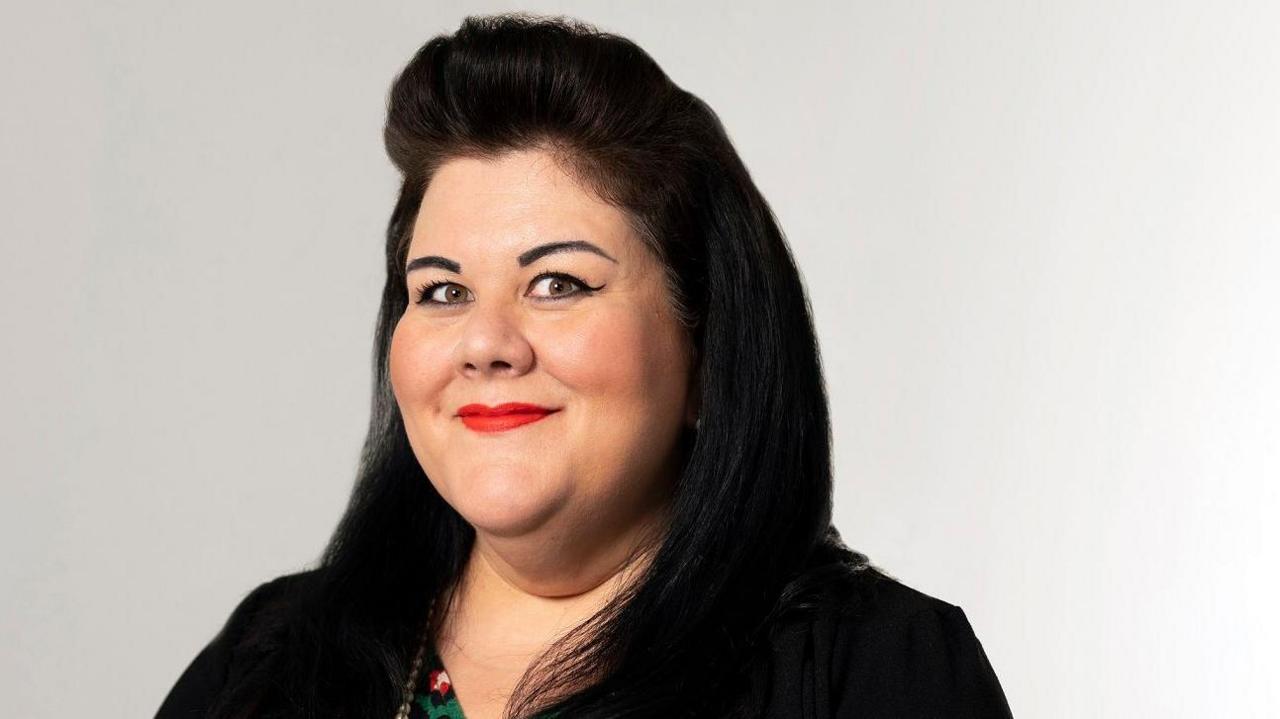
- Published17 August 2024
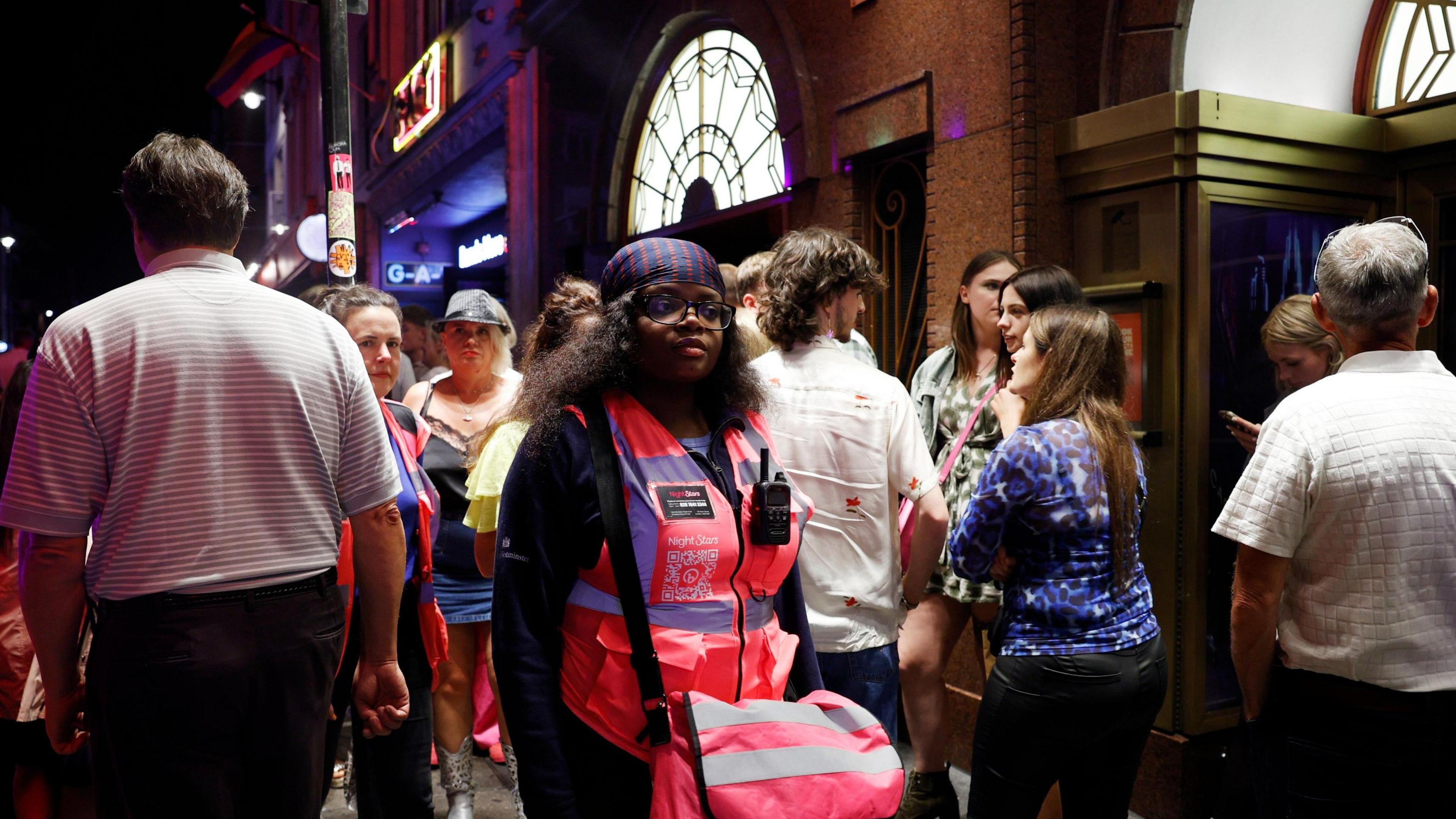
- Published27 July 2024
